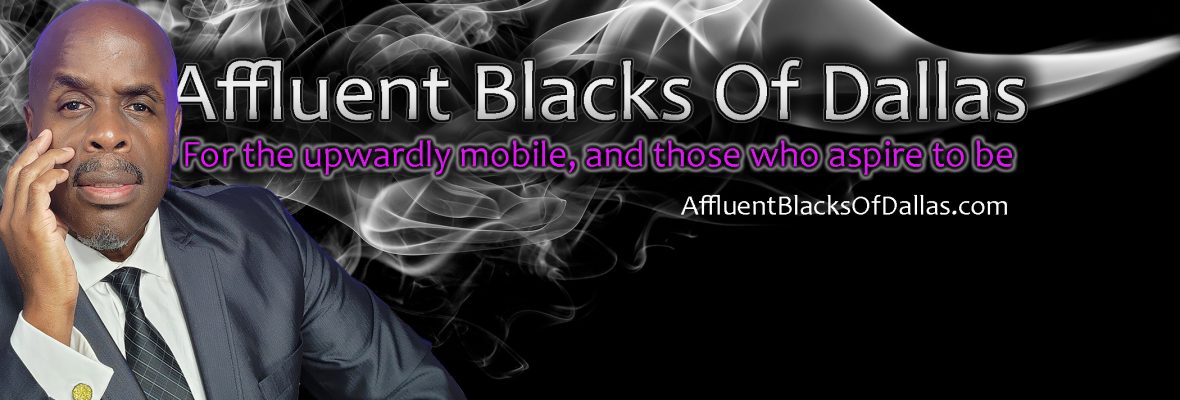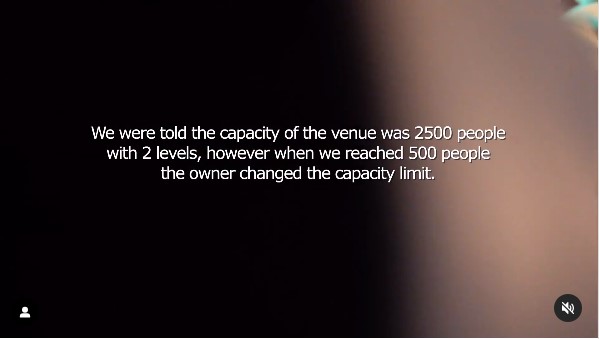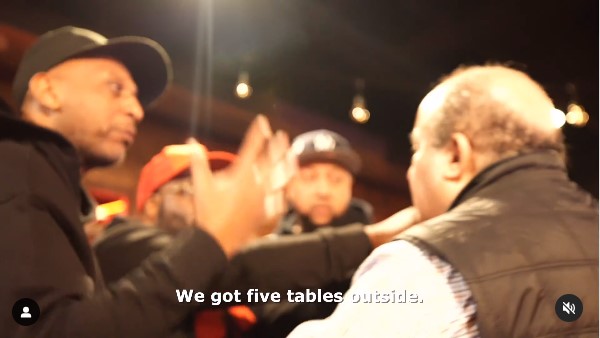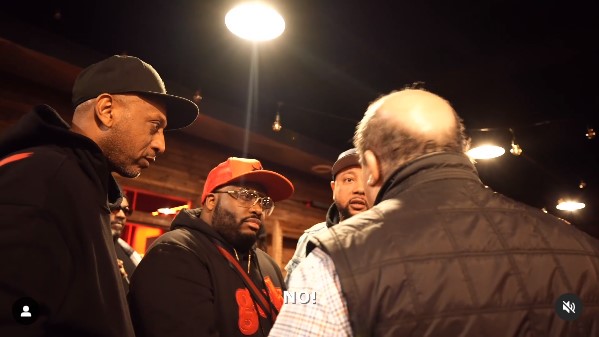The Indianapolis Super Bowl Event Scandal – What Other Cities like Dallas can Learn
A peculiar business discrepancy occurred during this year’s NBA All Star Weekend in Indianapolis that might be worthy of a discussion and case study for event organizing businesses. Several sources reported that the venue that chosen to host a major NBA All Star Night Event, involving such stars are Lil Wayne, Jeezy and Fabolous, allegedly reneged on the deal at the very last minute. Why would the venue owner back out of legally binding, event hosting agreement?
There was a disagreement regarding capacity. The event organizers claimed they were promised by the venue owner that the place can hold 2500 people. They even said they have proof on video of this.
However, the owner allegedly denied this, stating on the scene that the venue can only hold 500 people. Once the number of attendees exceeded 500—not long after midnight—the owner shut the event down, assisted by the police, which added insult to injury. With major celebrities scheduled to come, this caused quite the stir among brothas and sistas, especially those who paid thousands for their tables. All of this aroused suspicion that race may have been a factor given that a large number of our people showed up. Some held the opinion that the owner was not used to that many for this kind of hip hop event, despite the fact the organizers have done similar events around the country.
Much of this frustration and anger seems to be rooted in Indiana’s dark past. The Indiana chapter of the KKK was started between 1915 and 1920. During the 1920s, you were considered a “good Hoosier” if you joined the Klan. Here’s an interesting quote from Ball State University (links below):
“In the 1920s, journalist and social critic H.L. Mencken commented ‘it is commonly reported now that the banner Ku Klux Klan State is not Georgia, but Indiana.’”
That’s the historical context. According to our people who were born and raised there, Indianapolis still has major issues with racism and, to some extent, keeping “Blacks in their place.” One of those natives who was glad to move away from there is Dallas area resident Stacy Quarles, owner of the trendy boutique Taylor’s Fashion in Forney, east of Dallas. She was visiting her hometown when this controversy occurred.
Another aspect of this scandal involves complaints by some event goers who faced a few unethical practices according to their comments online. One of the common themes is that certain event staff members (bouncers, line workers) were charging unauthorized exorbitant fees to skip the line. Even people who paid a big bag said they experienced this. The organizers pushed back against this, asserting that there are going to be bad apples in the bunch beyond their control, and that the security staff worked for the event venue, not the organizers.
As you can imagine, resolving complaints for such a major event can itself be a complex process if not prepared. Refunds require careful bookkeeping, and people want their money back asap, especially if they paid $7k or more for a table next to Lil Wayne (who had to leave before he could even attend due to the shutdown).
What to make of all this? This story is still developing so it’s difficult to lock in on a conclusion just yet. But there are some business lessons to be learned. If you’ve followed our other business videos, we still to empower our people to constantly improve their business acumen in a world the tries its best to hold us back.
Just like a retail store operation, where the store is like an event organizer, the store itself is owned by investors, and wholesalers provide product to the store, event organizers are the “store” that event customers see. They don’t know who owns the building or supplies the product. So, when things at, say, Walmart, where a product you buy causes you to get sick or injured, who do you blame? Walmart, of course. Customers only know they bought the product from Walmart.
The same is true for events. Yes, Indianapolis has a race problem. Yes, there’s a dispute about venue capacity. But who did the customer pay the money to? That’s all they know. It may seem unfair, but that’s business. It is incumbent on event venues and organizers to dot every “i” and cross every “t” when locking down an event “product” before offering it to the public. Customer service is key. Event organizing platforms like Eventbrite make it easier to manage the customer journey a lot better than the old days, when customer service in the event industry was much worse. Owners of event venues need to also use such platforms to partner better with event organizers so that the outcome is a win-win for all involved, including event goers.
This in no way is to cast aspersions on this particular event organizer as they have plenty of supporters who stand by their product in other major party cities. Nonetheless, it would be good if they just acknowledge customer dissatisfaction without seeming too defensive or combative. This only makes current and potential future customers wary of dealing with them in the future. People like accountability over defensiveness and gaslighting.
Why? Because this is the PR damage control strategy, something we mentioned in the case of the Oscar winning actress comedian Mo’nique. Did she take our advice? Nope. She went onstage recently and said “F my son” in a supposed joke 🙄 Based on the numerous reaction stitch videos, she failed.
Let this be a teachable moment for event venues and organizers everywhere. It’s not always about being right, but about PR strategy. The court of public opinion can be more damaging than the court of law if you appear too defensive or combative. It’s understandable that you want to defend your honor and brand, but that defense can do more harm than good if it comes across as gaslighting. And it should be obvious that businesses should not renege on contracts at the last minute where the service is time sensitive.
As for Indianapolis and its ugly reputation, other cities should learn that we’re not tolerating Jim Crow 2.0 anymore. Event organizers should add extra addendum items to their contracts to cover every legal loophole these venues can exploit. Capacity is one of the most common ones to lock down early. Pop up events like this one are difficult to navigate legally and may not be worth it if the basics can’t be hardened into a legally binding agreement.
Feel free to comment below if you agree or disagree. Until the next video, brothas and sistas, take care.
Links:
Event Organizer: TO YOU, THE PEOPLE, FROM US. Most of the time, the promoter will take the brunt of any backlash for when events don’t go according to plan… | Instagram
Resurgence of the KKK in Indiana · Digital Civil Rights Museum (bsu.edu)
https://www.digitalresearch.bsu.edu/digitalcivilrightsmuseum/items/show/112










